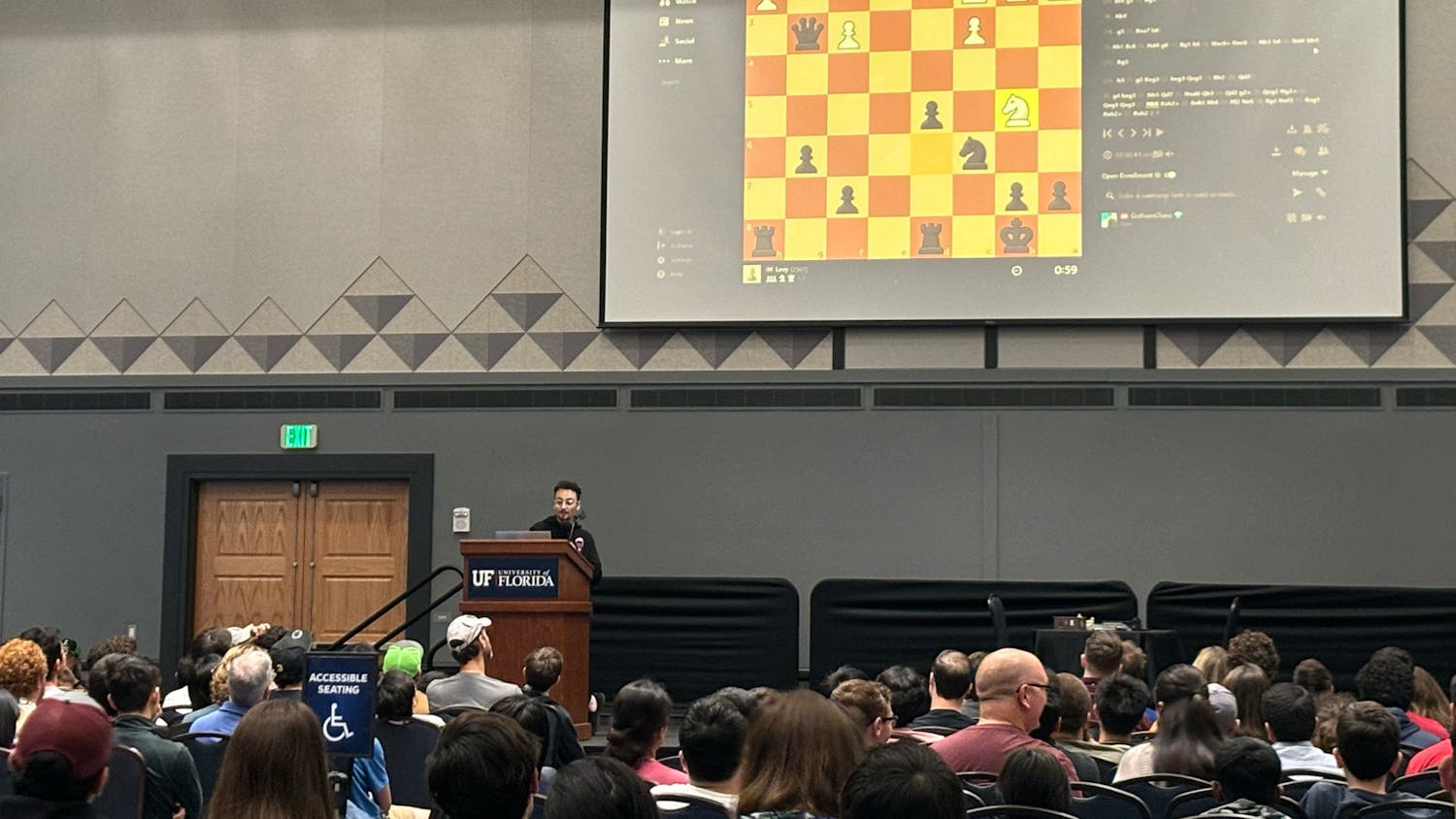A revolution can start with the simplest of actions.
On Saturday, dozens of women in Saudi Arabia made a statement by driving. The Middle Eastern country has no law prohibiting females from driving, but it’s considered a taboo in the conservative Islamic culture dominated by an authoritative monarchy.
Saudi Arabia is the only country in the world that prohibits women from getting behind the wheel. It’s considered just as offensive for women to vote or run for office. Although King Abdullah has recognized that perhaps by 2015 women will have the opportunity to vote, he didn’t give women the green light on the Oct. 26 campaign.
Despite the monarch’s dismissal and warnings from mosque clerics being broadcast in the days before the campaign, about 40 Saudi women made their statement this weekend. A half-dozen YouTube videos were posted showing mothers, sisters and daughters driving the roads of Jeddah, Riyadh, Mecca and other Saudi cities.
In 1990, more than a dozen women were imprisoned by the Saudi government for defying the defacto ban. When they were released, some lost their jobs. Saudi Arabia qualifies as the 130th out of 134 countries in gender parity, according to a report from the World Economic Forum. It was also the only country to get a score of “0” for the political empowerment of women.
But that doesn’t mean women have been silent. The Arab Spring sparked the flame of activism in 2011, when Manal al-Sharif, a 34-year-old female computer scientist, started a Facebook page called “Women2Drive,” which had “Teach me to drive so I can protect myself” as its slogan.
She posted a video of herself driving, which received support both domestically and abroad by women’s rights advocates. Shortly after, she was arrested and detained by the Committee for the Protection of Virtue and Prevention of Vice. The secret religious police also started an initiative to notify husbands and brothers of the whereabouts of their female counterparts by text message in 2012. This weekend, al-Sharif fearlessly organized women all over the country to get on the roads.
Women weren’t alone in their rebellion. Singer and YouTube sensation Alaa Wardi who grew up in Saudi Arabia showed his support for the campaign with a Bob Marley song as a satire of the government’s gender-restrictive ban. “No Woman, No Drive” got more than 1.9 million views in just one day. It’s only a matter of time for the ultra-traditional Saudi government to realize most of the world won’t stand for sexism anymore.
It’s not about driving: It’s about being treated like a capable human being who has the right to mobilize and take control of her own life.
Although we’re not subject to government or religious persecution, women in the U.S. should take a lesson from our Saudi sisters. They put themselves on the line to advance their own dignity and safety, in spite of the backlash they might receive from authority.
We have our own driving to do. The way we are treated by our male-powered society should reflect how we want to be treated.
As these women take the steering wheel into their own hands, so should American women. Next time I get into my car, I will take a deep breath of gratitude for having the right to drive, to vote and to do most things my male colleagues can do.
Now, onward women. We still have a way to go on this road to equality.
Daniela Guzman is a UF journalism senior. Her column runs on Mondays. A version of this column ran on page 6 on 10/28/2013 under the headline "Saudi women drive rights argument home"





